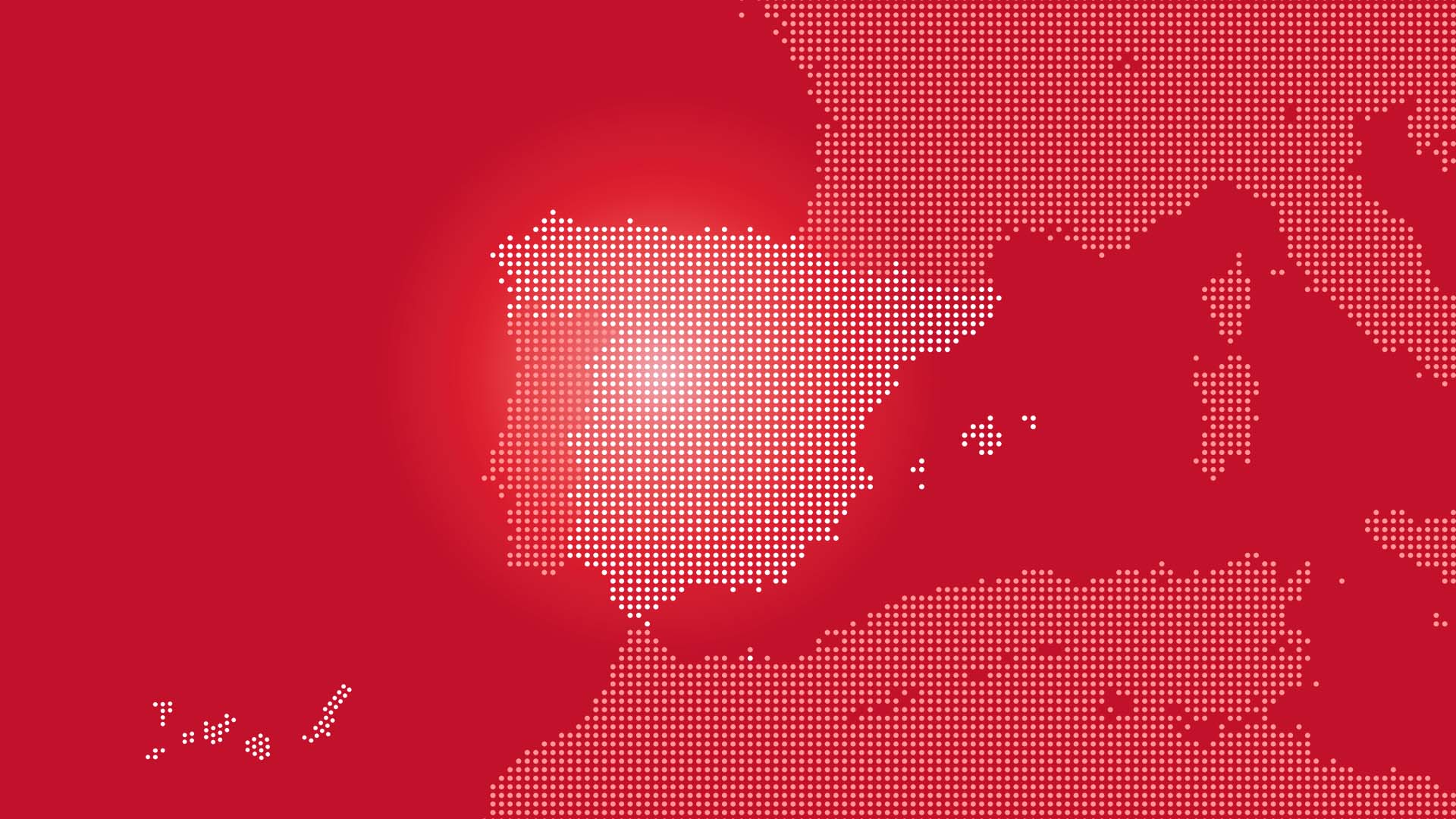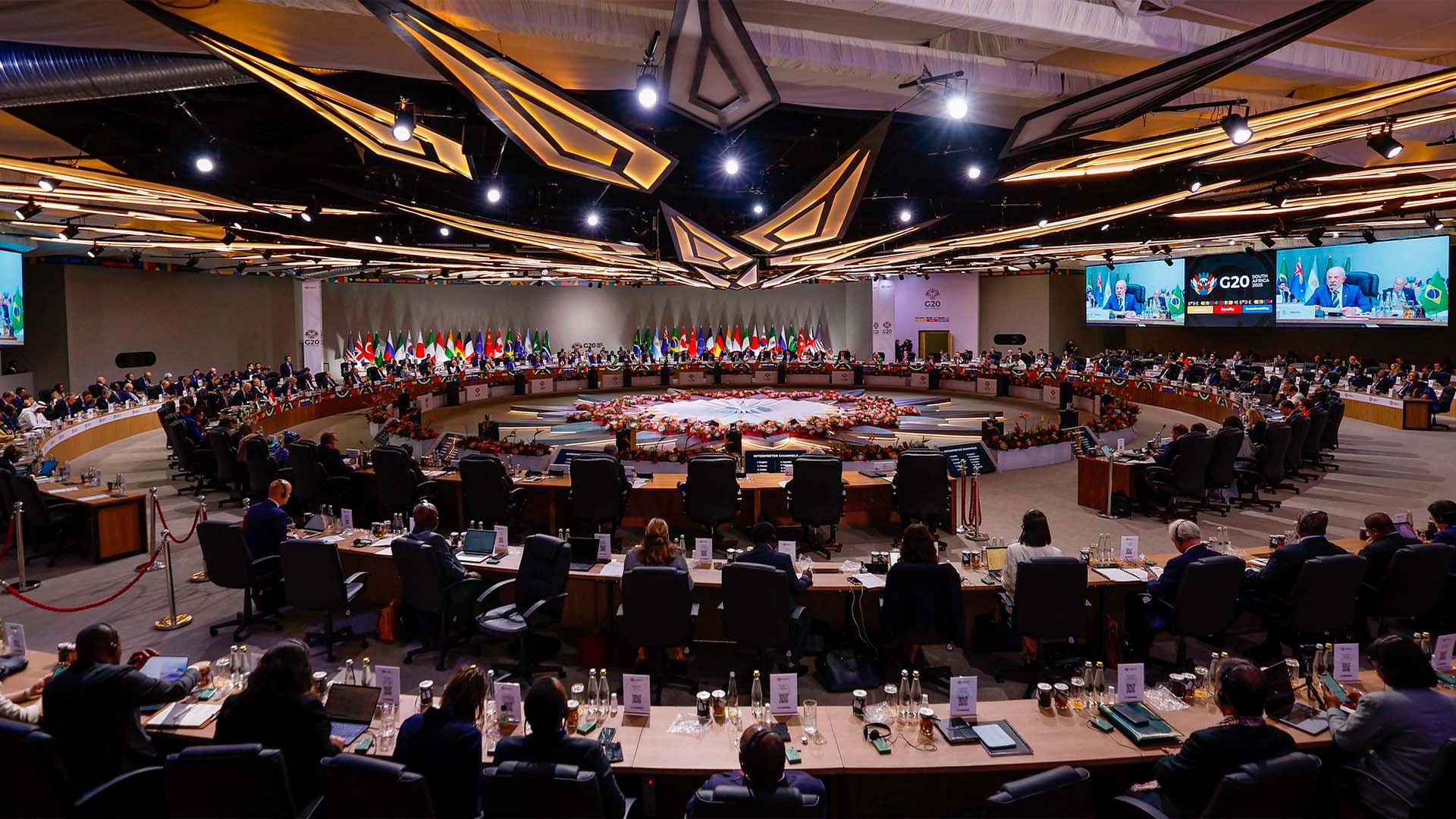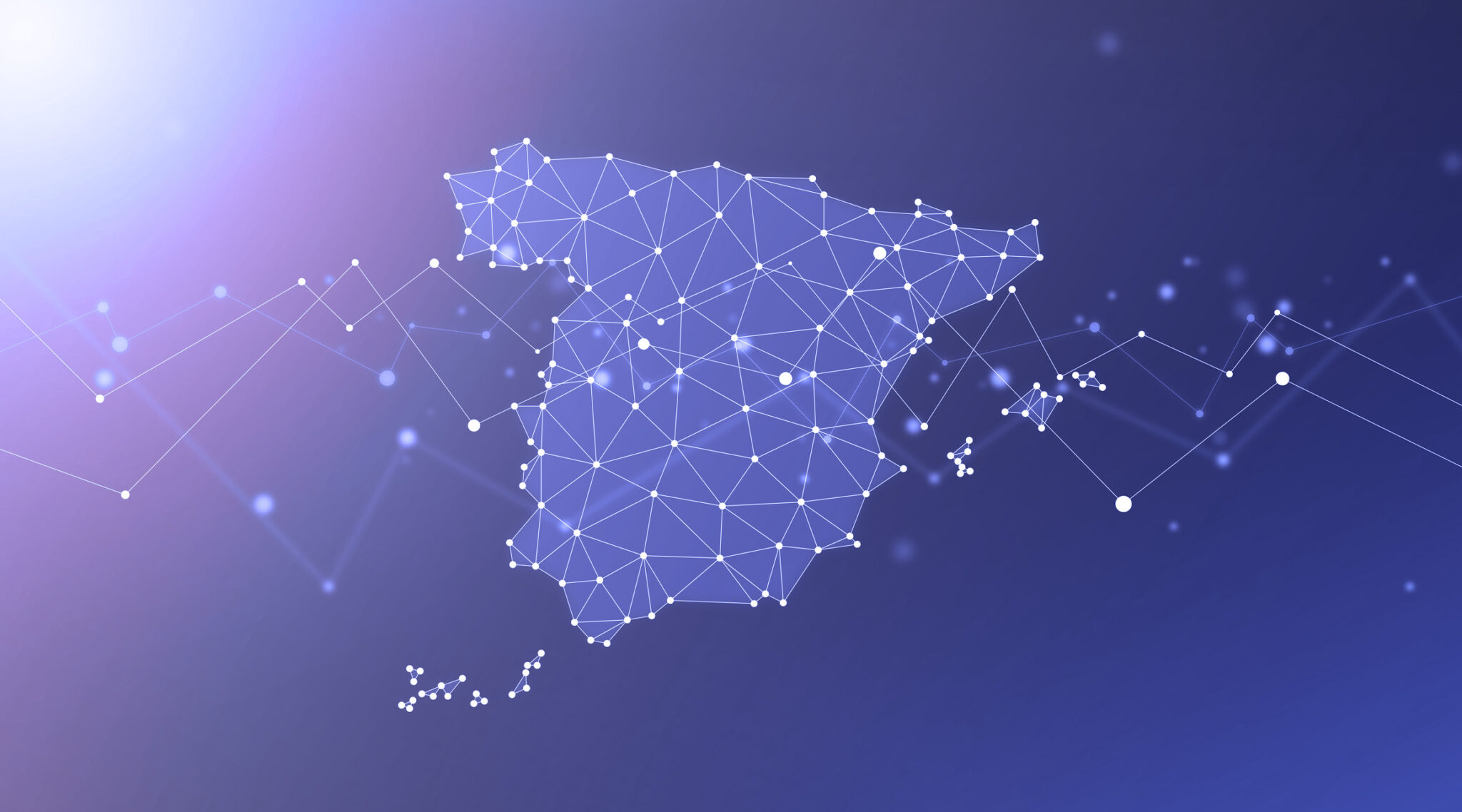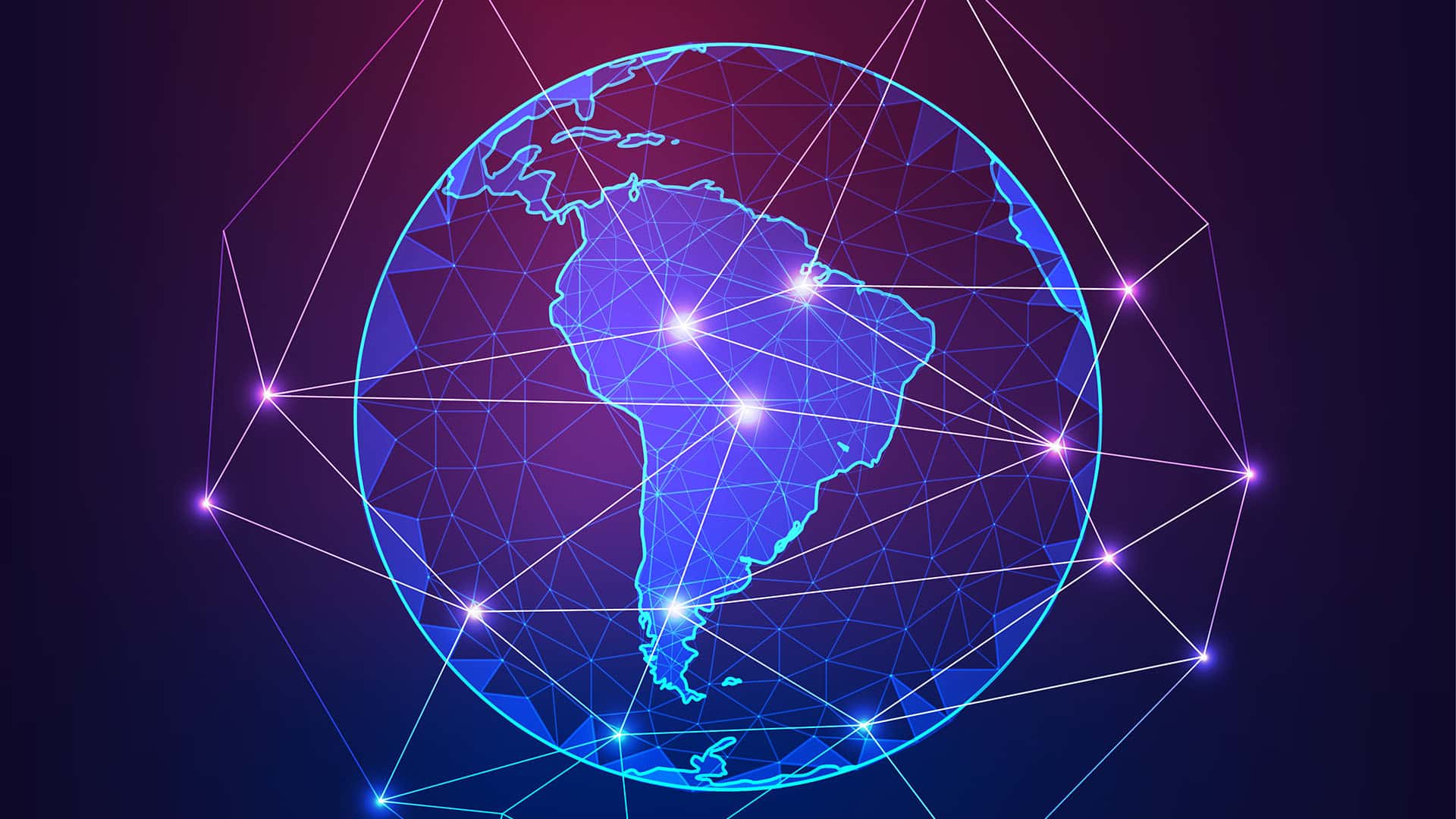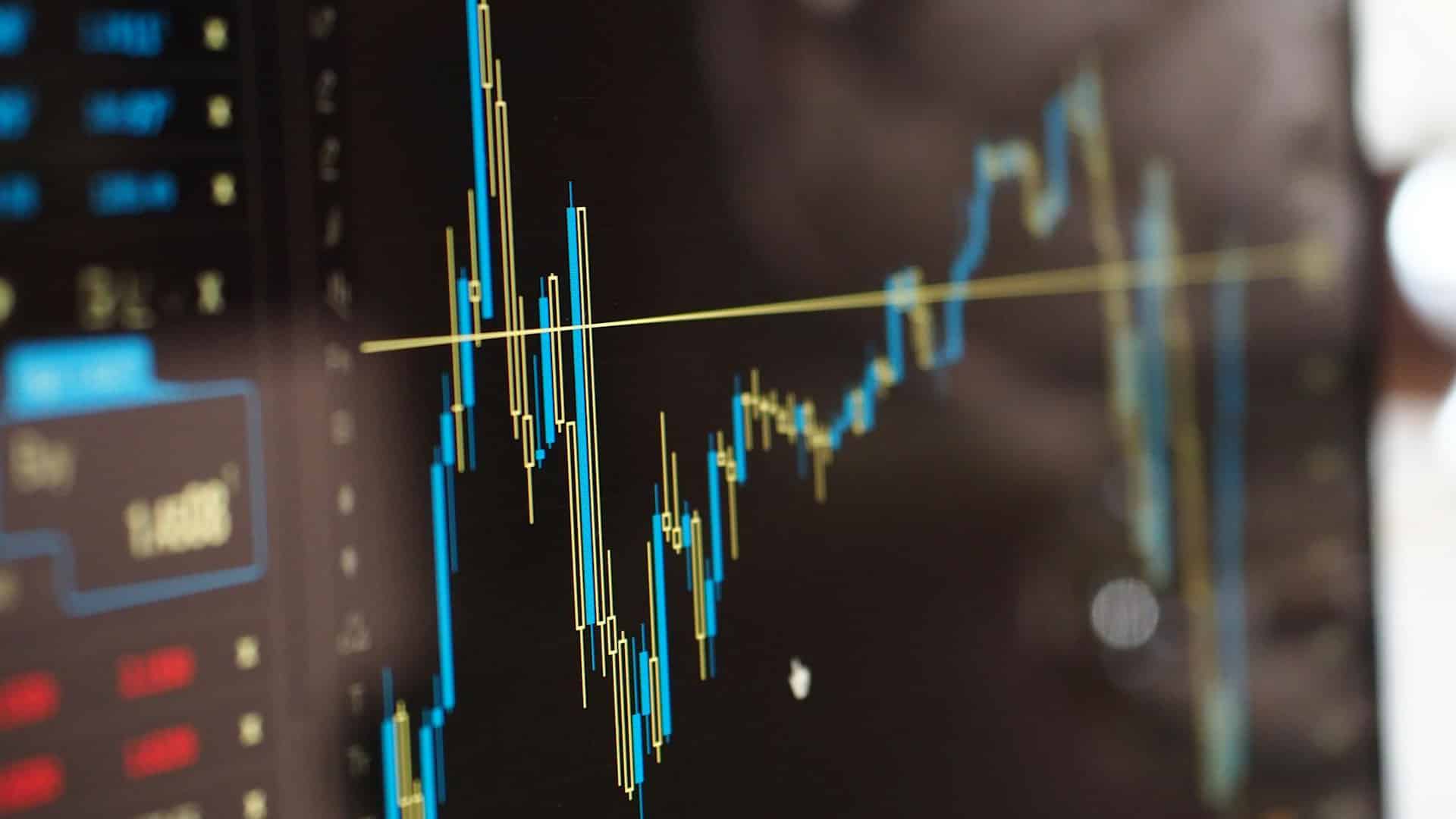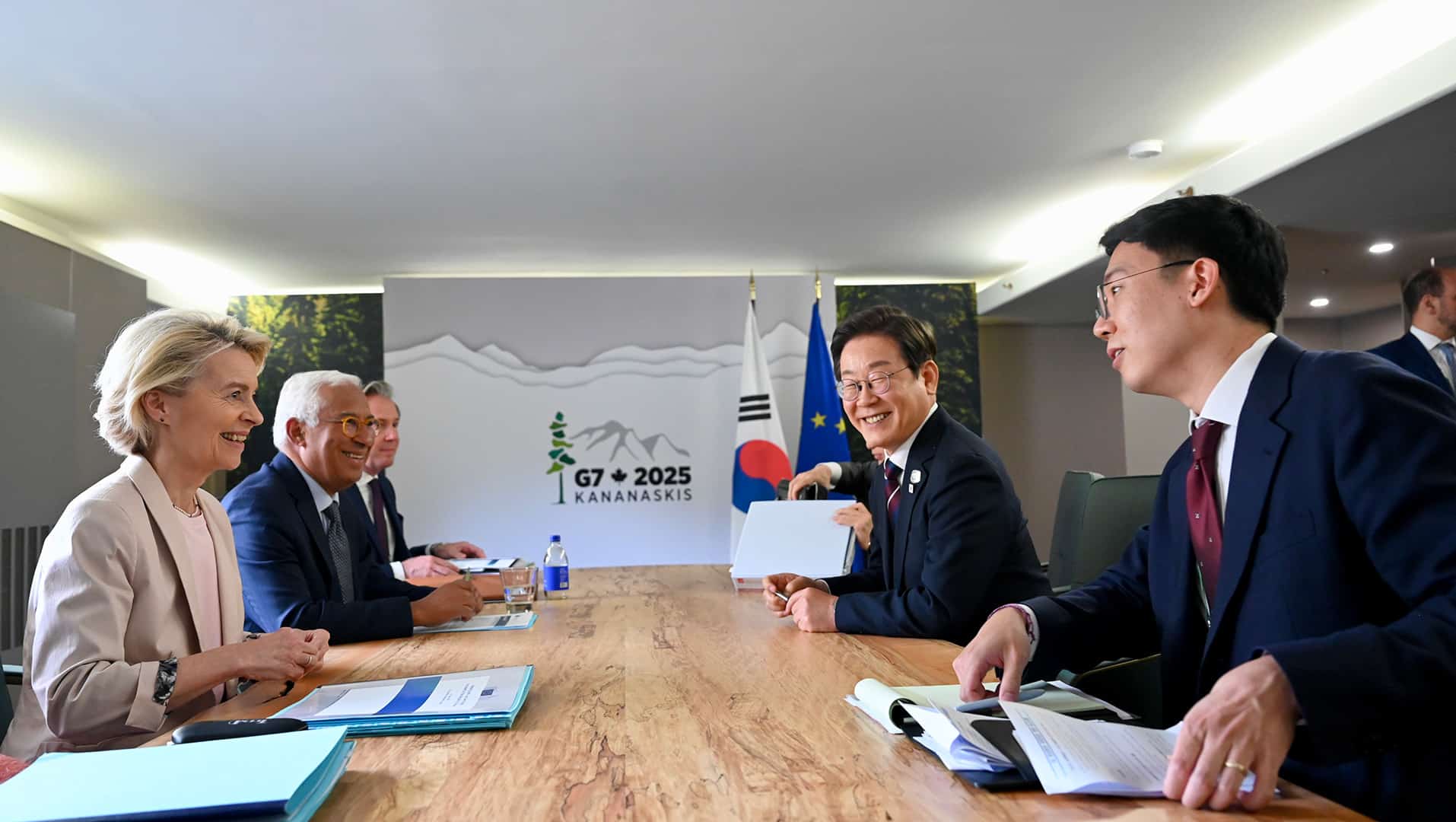Globalization, development and governance
Presentation of the Elcano Policy Paper “Spain in the world in 2026: prospects and challenges”
Presentation of the 14th edition of the policy paper Spain in the World, a collective work by the Elcano Royal Institute.
The G20 without the US: multilateralism after hegemony?
The 2025 G20 Summit marks a turning point in the history of global economic governance because of the boycott by the United States.
Where is Spain? Analysing Spain’s Global Presence from a geographical perspective
How has Spain's global presence evolved from a geographical perspective in recent years?
Reimagining Latin American health systems in the digital era
Study on barriers and enabling factors in the digital transformation of health systems in four Latin American countries.
Taxing billionaires: wealth dynamics and revenues from a global minimum tax
What effect would a 2% global minimum tax on billionaires have, and how might it be implemented by the G20?
Korea and the reform of global governance: opportunities for cooperation with the EU
Despite its significant role in global affairs, the Republic of Korea is often overlooked in European discussions on global governance.
Understanding and overcoming the aid crisis
Humanitarian aid and development must balance national interests with autonomy to ensure both effectiveness and long-term credibility.
1 - 4 of 28 pages

